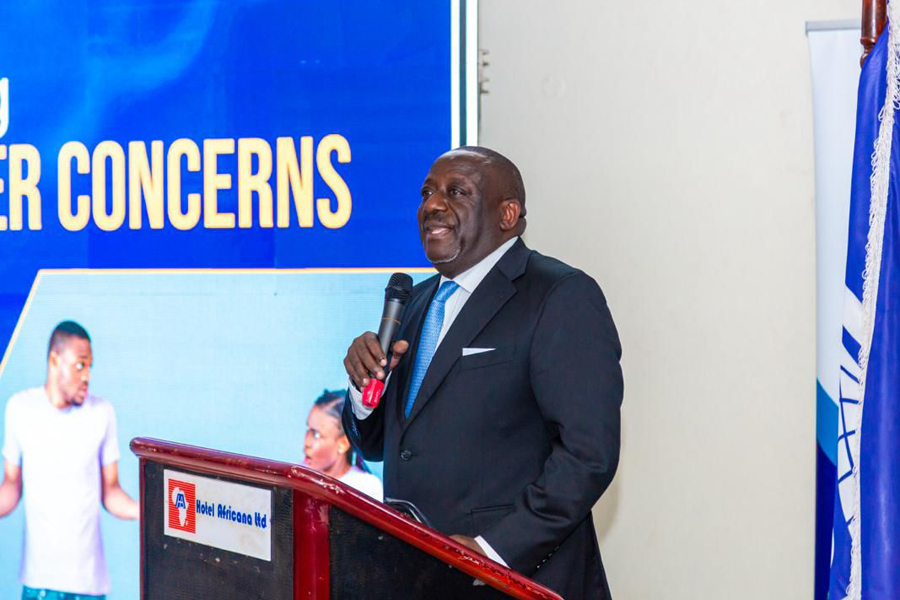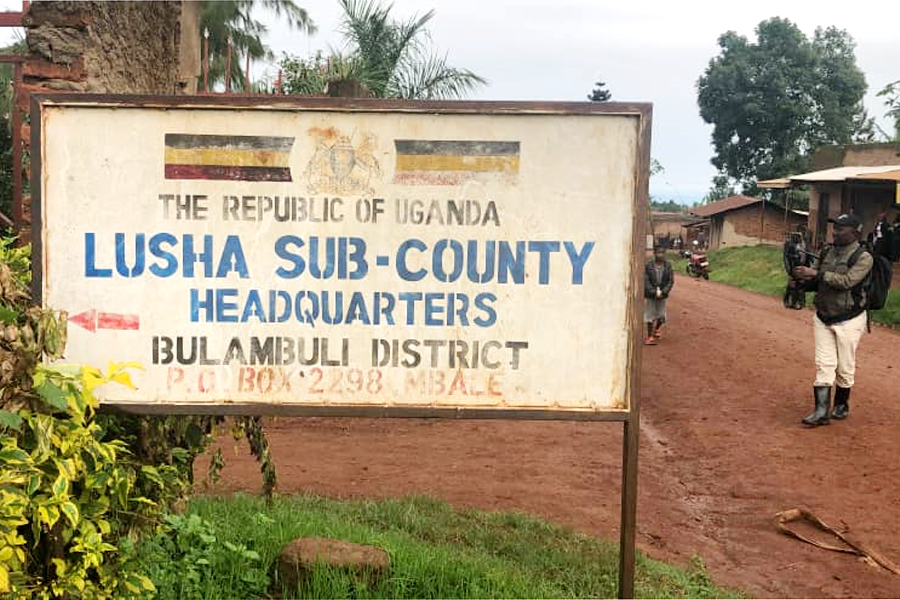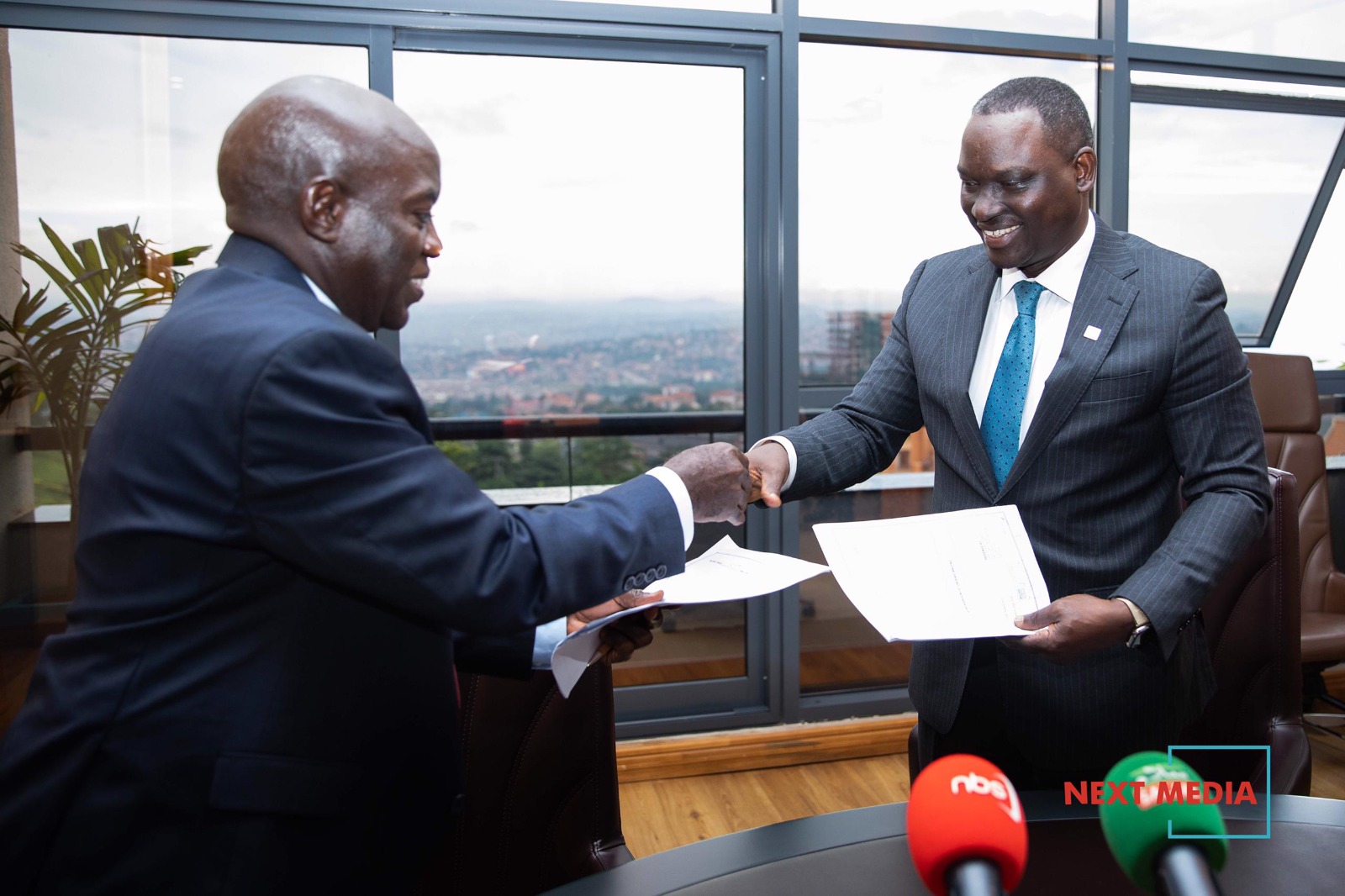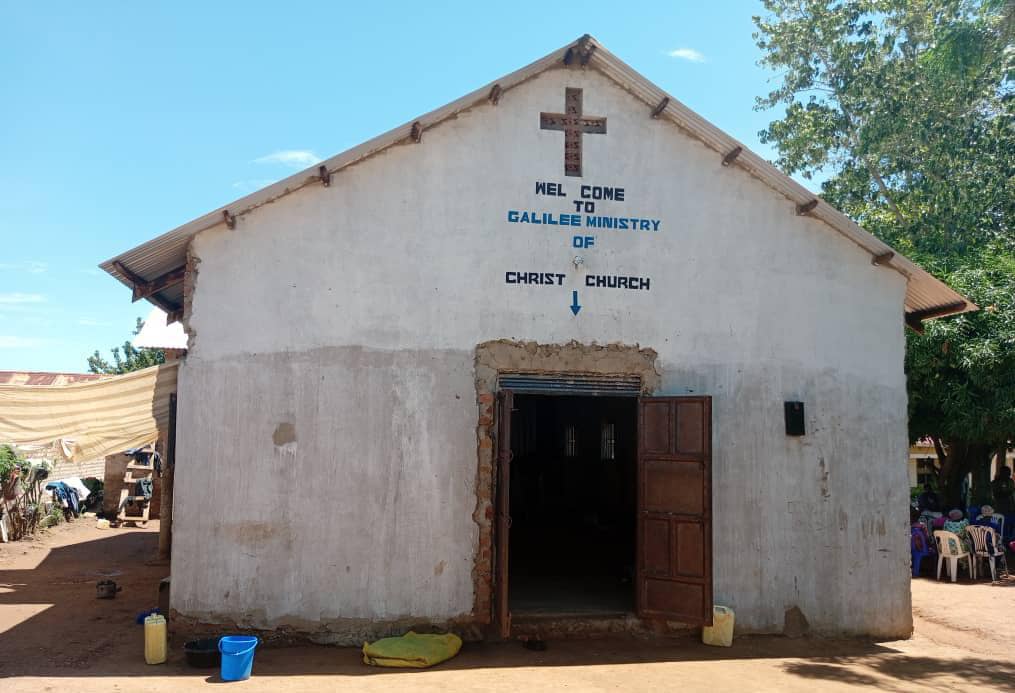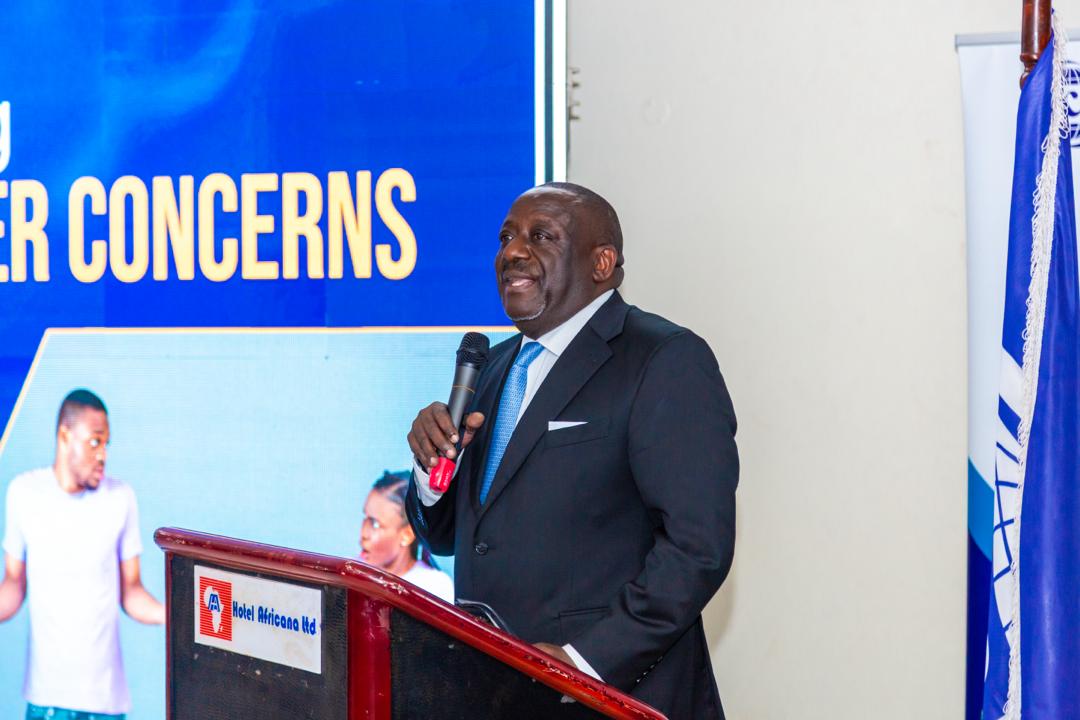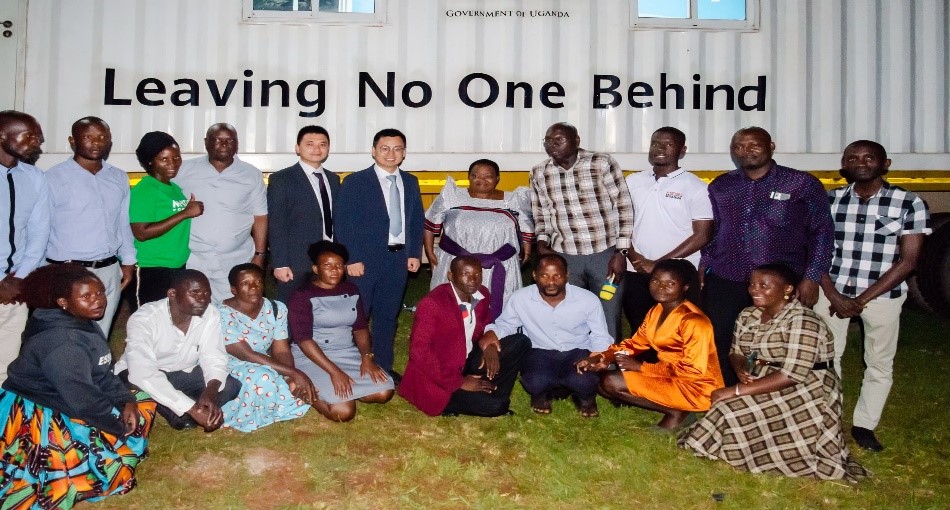Security of tenure is crucial for Uganda's economic development

By Sam Mayanja
Absence of title is at the root of tenure insecurity and was responsible for the near grinding to a halt of the colonial economy when the bibanja holders refused to grow cash crops until the security of tenure on the land they occupied was guaranteed.
The colonial administration in a report to the secretary of state for colonies stated that the boycott by the bibanja holders had engineered rural unrest and discontent which undermined the production of export crops and diminished the colonial state’s revenue.
Succumbing to the boycott pressure, the colonial administration put in place the Busulu and Envujo Law enacted in 1928. The law assured bibanja holders security in the occupation of their plots and freed them from the fear of arbitrary eviction.
In a study published in 1953 Mukwaya showed that in over 400 land cases he examined, there was no case of illegal evictions. All the cases involved, inter alia, minor boundary disputes and succession related issues. He posited that: “it is rare for courts to grant orders of eviction against tenants who fail to pay busulu or envujo. Any dues in arrears are legally considered civil debts, which are recoverable in the usual manner”.
This security of tenure which continued into the 1960s and early 1970s created an enabling atmosphere leading to a production boom and
eventually an economic boom which secured Uganda a placing among the World’s top 10 producers of quality coffee, cotton and other
produce. The Coffee Marketing Board, Lint Marketing Board and Produce Marketing Board were put in place to handle the marketing of the boom production.
Unfortunately the 1975 Land Reform Decree abolished the security of tenure of bibanja holders rendering them mere tenants at sufferance back to the pre-1928 tenure insecurity status.
This was the position of law when the 1995 constitution was enacted. Unfortunately the constitution only provided for security of occupancy in Article 237 (8) for bibanja holders and left the issue of titling to the Parliament which under Article 237 (9) was to do this within 2years of its first sitting.
Unfortunately the legislation to be enacted by Parliament within 2years after its first sitting as envisaged under Article 237 (9) was never
actualized. The 1998 Land Act was not the legislation that the constitution envisaged. The background to the envisaged law is Article 237 (1) which provides that land belongs to the citizens of Uganda and vests in them in accordance with the land tenure systems provided for in the constitution.
Article 237 (3) provides four tenure systems namely; customary, freehold, mailo, and leasehold. When Article 237 (4) and (5) is
analyzed, they all end up as freehold. Tenures freehold and mailo are already freehold. These tenures are the registrable interest in land.
Under section 237 (9) (b) Parliament was to make law providing for the acquisition of registrable interest as title by bibanja holders.
This registrable interest would be freehold title since all the four tenures in Article 237 (3) end up as freehold.
Failure to enact this law leaves bibanja holders without any land vesting into them as per Article 237 (1) of the constitution thus constitutionally discriminated as against other Ugandans who are titled.
There was no reason for Parliament not to have enacted a law providing bibanja holders with titles. There was already a precedent for
this when the 1967 constitution transferred public land from federal and District Boards as previously prescribed in the 1962 constitution to the Uganda Land Commission.
In that case the 1969 Public Lands Act operationalizing the 1967 Constitutional granted customary occupants (bibanja) a right
to a leasehold title over the land they occupied.
Consequently Parliament would have found guidance in the 1969 Public Lands Act and provide for the kibanja occupants to be granted a legal title to their plots. The kibanja holder would have his kibanja converted to a freehold title.
It cannot be over emphasized that the 1969 Public Land Act provided a good starting point where an occupancy holding was
converted directly from customary tenure to leasehold title. Therefore the mandate of Parliament under Article 237 (9) to enact a law providing for the acquisition of registrable interest to the bibanja they occupied was clearly practical and not without precedent.
Moreover Article 237 (5) and section 28 of the Land Act 1998 allows for the customary leases converted and granted to a citizen of Uganda out of public land to be turned into freehold.
Delay to enact a law giving bibanja holders titles is at the root of the systematic risk associated with tenure insecurity in the Uganda land market. Ugandans who are owners of untitled bibanja in the same location cannot sell for the same amount like their fellow Ugandans who are in the same location but titled. This creates a state of disequilibrium among Ugandans.
Failure to get rid of the untitled bibanja insecurity is a trap on the road to Uganda’s development. The answer is a single freehold
titled tenure security for all Ugandans in perpetuity.
Dr. Sam Mayanja
Smayanja@kaa.co.ug
www.kaa.co.ug



